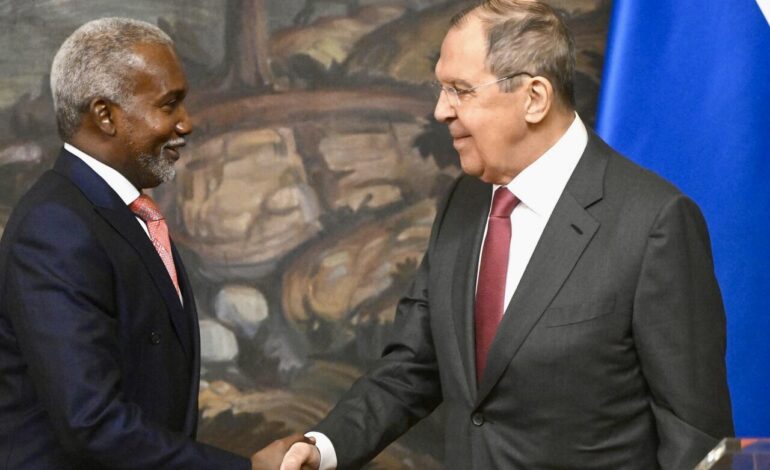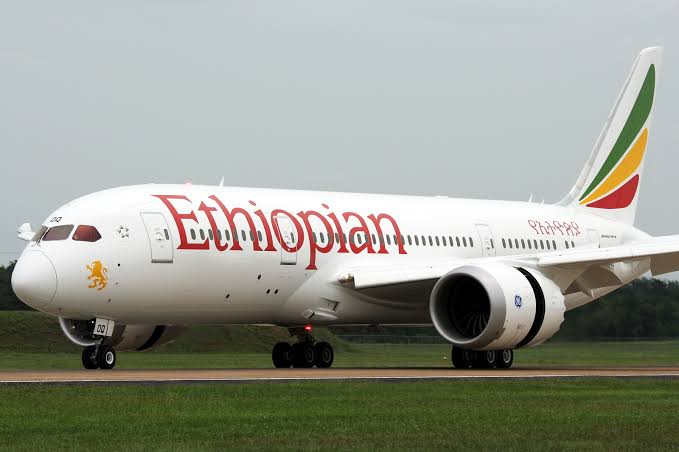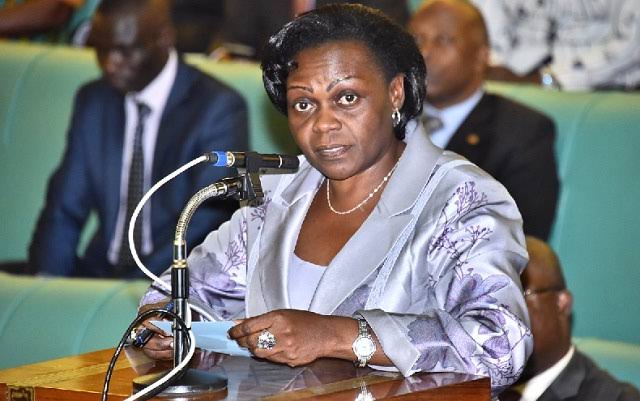
Faith Nyasuguta
Russian and Nigerian foreign ministers have engaged in talks in Moscow, highlighting the mutual interest in fostering future relations between the two nations.
Sergey Lavrov, the Russian foreign minister, expressed Moscow’s acknowledgment of Nigeria as a key partner on the African continent, a sentiment echoed by his Nigerian counterpart, Yusuf Tuggar. Tuggar emphasized the prospect of a robust and strategic relationship between the two nations.
In addition to affirming diplomatic ties, Lavrov outlined Moscow’s commitment to providing support to countries in the Sahara-Sahel region, such as Mali, Burkina Faso, Chad, Niger, and Guinea.
This assistance aims to enhance the combat capabilities of national armed forces, security forces, and law enforcement authorities in the region, which have long grappled with political instability and the rising influence of jihadist groups linked to al-Qaeda and the Islamic State.
A meeting with African foreign ministers is due to take place in Sochi later this year, underscoring Russia’s strategic efforts to bolster its influence in the region.
This proactive diplomatic approach becomes significant against the backdrop of Russia facing international criticism for its involvement in Ukraine.
Moscow’s first visible attempts to reengage with the continent started in the mid-2000s. In 2006, President Vladimir Putin visited the Republic of South Africa, followed by his successor Dmitry Medvedev’s trips to Egypt, Angola, Nigeria, and Namibia in 2009.
The Kremlin doubled down on its diplomatic efforts following the annexation of Crimea in 2014, when the first round of Western sanctions against Russia forced Moscow to actively seek new geopolitical partners and business opportunities.

Since 2014, various high-ranking Russian state officials—including Foreign Minister Sergey Lavrov, Security Council secretary Nikolai Patrushev, and Deputy Foreign Minister Mikhail Bogdanov—have frequented different African states and signed multiple bilateral military, economic, and security cooperation agreements, as well as written off billions of dollars in African debts.
Russia’s return to Africa has also coincided with (and has been encouraged by) the reduced U.S. engagement with the continent, including the 2018 decision under the Trump administration to scale back U.S. counterterrorism efforts in the region despite the growing terror threat in many African nations.
Moscow was quick to fill that security void. In 2019, President Putin hosted the first-ever Russia-Africa summit at the Black Sea retreat of Sochi, aimed at reinforcing Russia’s standing as a reliable strategic partner on the continent and securing military contract agreements with different nations, including the Nigerian government, which agreed to purchase Russian attack helicopters.
In July 2023, despite the war, sanctions, and Western pressure, 17 heads of African states attended the second Russia-Africa summit, signing several agreements with Russia on prevention of arms race in space, cooperation in informational security, and combating terrorism on the continent. Moscow also promised to write off additional debts.
Since then, more partnerships have been forged.
RELATED:




